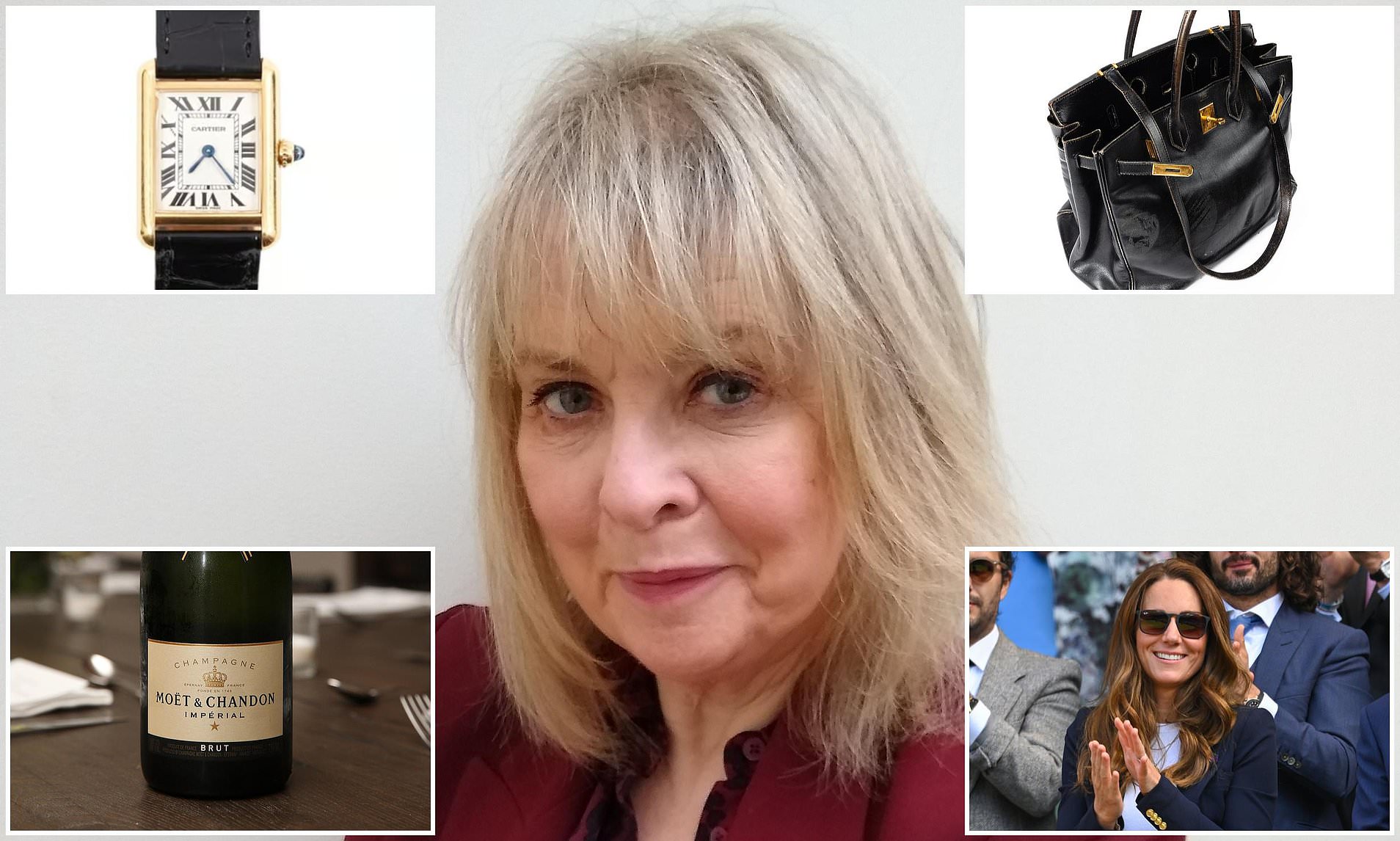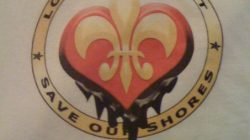The Struggles and Resilience of the Luxury Goods Industry
The luxury goods industry, known for its opulence and exclusivity, is currently facing significant challenges. From high-end brandy and champagne to designer handbags and expensive watches, the sector has long been a symbol of wealth and status. However, recent trends and market shifts are casting a shadow over this once-thriving industry.
One of the most notable developments is the decline in shares of LVMH, a leading player in the luxury market. Over the past 12 months, LVMH’s stock has dropped by more than 30%, reaching €472. This decline comes amid a slump in demand and the rise of counterfeit products that are nearly indistinguishable from the real thing. These “super-fake” bags have become a serious threat to the industry, forcing companies to rethink their strategies.
In April 2023, LVMH’s shares were at €903, with Bernard Arnault, the company’s CEO, briefly becoming the world’s richest man. However, his position has since slipped, and he now ranks eighth on the list of the world’s wealthiest individuals. Despite these setbacks, major players in the industry, including Burberry, EssilorLuxottica, Hermes, Kering, and Richemont, are working to regain their former glory. Some analysts believe it may be an opportune time to invest in luxury goods stocks, as these companies look to rebound.
A key factor in this shift is the rise of Laopu Gold, a Chinese company that has seen a staggering 928% increase in its share price over the past year. Laopu Gold embodies the “guochao” movement, which emphasizes heritage and quality. This trend resonates strongly with Chinese consumers, who make up the largest luxury market globally. As a result, European luxury giants are facing increased competition from homegrown brands that offer similar value at more affordable prices.
The current economic climate also poses challenges for the industry. Post-pandemic spending has slowed, and rising tariffs in the U.S. could further impact the sector. Bain consultants estimate that the luxury industry could shrink by an additional 5 to 9% this year if conditions worsen. The upcoming second-quarter results will provide more insight into the headwinds these companies face.
Despite these challenges, some experts remain optimistic about the future of luxury goods. Gillian Diesen of Pictet Asset Management points to a shift towards “hard luxury,” which prioritizes lasting quality over fleeting trends. Laopu Gold’s use of 24-carat gold, for instance, aligns with this trend, especially as gold prices are expected to rise further.
Investors looking to diversify their portfolios may find opportunities in luxury goods stocks. Funds such as Finsbury Growth & Income and Fundsmith hold positions in Burberry and LVMH, respectively. The Pictet Premium Brands fund also includes EssilorLuxottica, Ray-Ban, and Hermes. While the sector faces headwinds, some analysts argue that the valuations of certain companies are “untenably low.”
What’s Gone Wrong?
Several factors have contributed to the struggles of luxury goods companies. Mamta Valechha, an analyst at Quilter Cheviot, highlights a lack of innovation and excessive price increases as key issues. For example, the Lady Dior bag, a beloved item associated with Princess Diana, has risen in price by about 75% since 2019. This has led some consumers to question the value of these products, even for well-known brands like Chanel.
Gen Z consumers, in particular, are drawn to more affordable alternatives, such as “super-fake” bags that mimic the look of authentic items but cost significantly less. In response, some luxury brands are introducing more accessible options, such as a £480 Dior travel pouch or a £520 bucket hat that captures the 1990s Oasis vibe.
Key Players in the Industry
Burberry
At its annual general meeting, Burberry’s CEO, Joshua Schulman, emphasized a focus on areas where the brand has “authority,” such as design flair and pricing power. This means a renewed emphasis on trenchcoats and outerwear rather than expensive handbags. While Burberry’s shares have fallen by 21% over the past three years, they have risen by 75% in the last 12 months, with analysts rating them a “hold.”
EssilorLuxottica
This French-Italian company is a leader in spectacle manufacturing and has embraced technology with AI-powered glasses. Meta, the owner of Instagram and Facebook, has invested in the company, signaling confidence in its future. Analysts at Goldman Sachs have set a target price of €285 for EssilorLuxottica, higher than its current price of €244.
Hermes
Known for its iconic Kelly and Birkin bags, Hermes has maintained its reputation despite market challenges. Earlier this year, it briefly surpassed LVMH in value. Analysts still consider Hermes a “buy,” with its shares currently at €2,367.
Kering
Kering, the parent company of Gucci and Saint Laurent, has faced difficulties, with its shares down by 60% since 2022. New CEO Luca de Meo is tasked with turning the company around, though many analysts remain skeptical about his ability to quickly reverse the decline.
LVMH
Eleven of the analysts who follow LVMH rate it a “hold,” while nine recommend a “buy.” This reflects optimism about Bernard Arnault’s ability to revitalize the business. With plans to retire at 85, there is speculation that he may aim to leave a legacy of success.
Richemont
Richemont, known for Cartier and Van Cleef & Arpels, has benefited from strong sales outside Japan, despite a slowdown in purchases due to the strengthening yen. Analysts who rate it a “buy” have set a target price of 224 Swiss francs, compared to its current price of 141.8.







